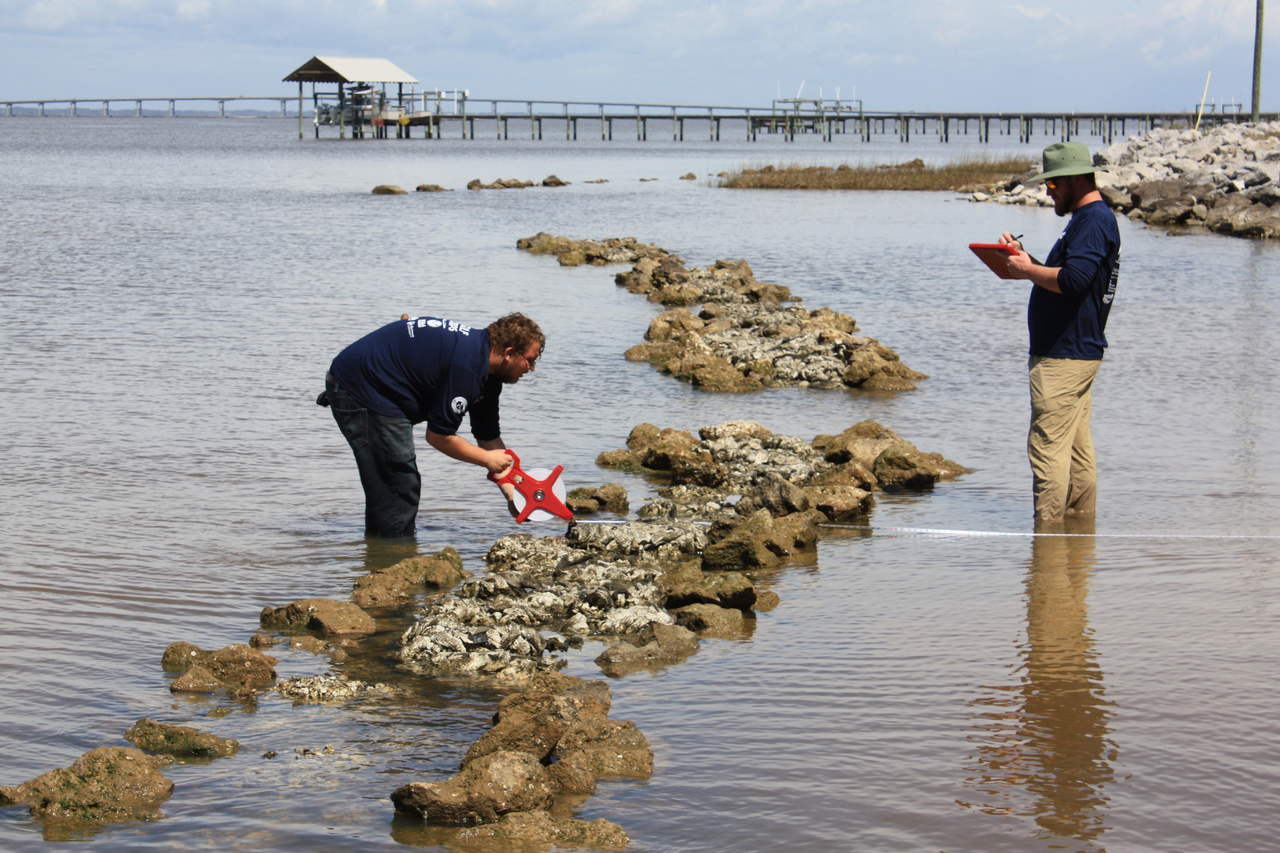1.3 GDP and Welfare
Even conceptually, real GDP is an imperfect measure of the performance of an economy. First, it measures the value of only market activities, i.e., goods and services exchanged in legal market transactions. But there are plenty of goods and services we produce for ourselves in the household such as dinners and childcare that are not counted in the GDP. If you buy a take-out dinner that costs $20, this will add $20 to Canada’s GDP. However, if you cook an equivalent dinner for yourself, it will not be accounted for in the GDP. More significantly, the time and effort it takes to raise a child at home, time and effort caretakers do not get paid for, are not counted in a country’s GDP. In general, household production, goods, and services that household members produce using their labour and capital for their own consumption, are not counted in the GDP. This is a significant shortcoming when we make international comparisons. A significant share of goods and services produced in developing countries are not exchanged in market transactions and therefore, not counted in the GDP. While adjustments are made to reflect such nonmarket activities, these adjustments are inevitably imprecise.
GDP does not account for the underground economy or black market where cash and barter transactions are not reported to the government. In some cases, these transactions serve the purpose of avoiding taxes such as unreported tips while in others, they are related to illegal activities such as trade in illegal drugs or guns. Because of its very nature, the size of the underground economy is impossible to calculate. Its share in a country’s GDP will vary across countries and the larger that share, the more the country’s GDP will underestimate the size of the economy.
In contrast, negative by-products of production such as pollution, climate change, resource depletion, and environmental degradation are not subtracted from GDP. However, when we expend efforts to correct for these harms or “bads” as they are known in economics, our spending is counted in the GDP. Example 5 illustrates the issue. Most economists would agree that negative externalities should be subtracted from GDP and “goods” or benefits such as life expectancy should be added but there is no agreement on how to value them.
Example 5: Deepwater Horizon Oil Spill
The largest marine oil spill in history was triggered by a massive explosion on the Deepwater Horizon drilling rig off the coast of the U.S. state of Louisiana in April 2010. Eleven workers lost their lives in the explosion and many more were hurt. By the time the oil well was capped three months later, more than 3 million barrels of oil were leaked into the Gulf of Mexico. According to the U.S. National Oceanic and Atmospheric Administration, the oil spill covered more than 159,000 square kilometers of the Gulf of Mexico and coated more than 2,000 km of shoreline with oil and tar.[1] The impact of the disaster was felt by the local economies of all Gulf Coast states, Louisiana, Alabama, Mississippi, Texas and Florida, as commercial fishing, offshore drilling, and tourism took a direct hit. It took BP, the owner of the well, several years to remove most of the oil from the Gulf beaches, wetlands, and estuaries but studies suggest that it will take some ecosystems several decades to recover.
In 2010, the Wall Street Journal ran an article suggesting that even though the spill was expected to have a negative effect on the economies of the affected southern states, it might end up increasing the U.S. GDP marginally because of the enormous clean-up efforts. While estimating the exact amount this large industrial disaster has added to the U.S. GDP is not possible, wages and salaries of clean-up workers, services of vessels skimming the spilled oil from the water surface as well as the cost of dispersants, chemicals used to prevent large oil slicks, were all counted for in the GDP.[2]

Finally, real GDP per capita is a measure of living standard for the average or typical person in an economy. However, it does not account for the distribution of income and income inequality. As Angus Deaton, the winner of the 2015 Nobel Prize in Economic Sciences states, “[a]verages are no consolation to those who have been left behind.” Professor William Easterly, a leading development economist, notes that life during growth does get better, on average,[3] but some are left behind and the benefits of growth can accrue only to a select few. It is little consolation for a poor person in a rich country that the average person in the country enjoys a high standard of living.
In summary, increasing human wellbeing maybe the ultimate goal of policy makers. But human wellbeing is difficult to define and measure. In economics, we use the real GDP per capita as a measure of economic development. As Robert Lucas, winner of the 1995 Nobel Memorial Prize in Economic Sciences, states “[t]his may seem too narrow a definition, and perhaps it is, but thinking about income patterns will necessarily involve us in thinking about many other aspects of societies too.”[4]
Flashcard Activity
- National Oceanic and Atmospheric Administration (NOAA). 2020. “Deepwater Horizon 10 Years Later: 10 Questions.” April 13. https://www.fisheries.noaa.gov/news/deepwater-horizon-10-years-later-10-questions ↵
- Di Leo, Luca. 2010. “Oil Spill May End Up Lifting GDP Slightly.” Wall Street Journal. June 15. https://www.wsj.com/articles/BL-REB-10524 ↵
- Easterly (1999) ↵
- Lucas (1988, p. 3) ↵
Goods and services produced in households (e.g., repairs, babysitting, cooking, elder care, gardening). Household production is not included in GDP.

